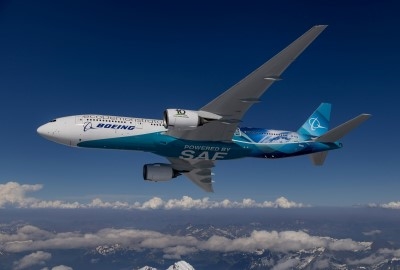Honda joins the SAF production market: algae-based production process
The fast-growing demand in aviation for sustainable aviation fuel (SAF) has brought an interesting new supplier to enter the market. Japanese car and private jet manufacturer Honda is to start producing and delivering SAF, utilizing an algae-cultivating process.

By using SAF, CO2 emissions in aviation can be cut by more than half, compared to crude oil-based fuels. SAF can be made from many feedstocks, including used cooking oil, household waste and algae, among other materials. As more and more airlines plan to mix regular fuel with SAF to cut their CO2 emissions, demand for SAF is increasing every day. Honda is planning to tap into this growth market.
According to Stripes.com, Honda will expand its algae-cultivating business at plants in Japan and overseas; the company plans practical application of the fuel in the 2030s. Cultured algae can be used to absorb CO2 emissions produced in automobile manufacturing. Honda has begun collaborating with a domestic energy-related company over the production and distribution of SAF.
Honda believes that if it can procure and utilize SAF independently, it will be able to increase the competitiveness of its HondaJet small business jet and a ‘flying car’, which it is developing as a next-generation means of transportation.
SAF is not yet being commercially produced in Japan. Honda is bringing change. Also, petroleum wholesaler Eneos and major trading house Mitsubishi are considering jointly commercializing supplies of SAF.


